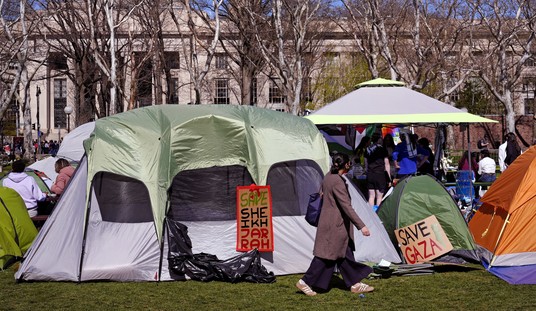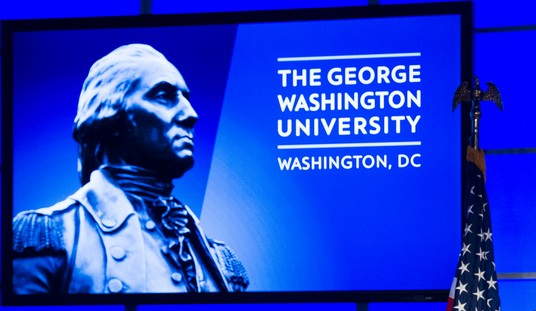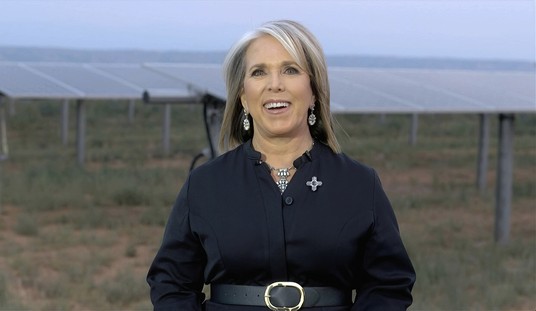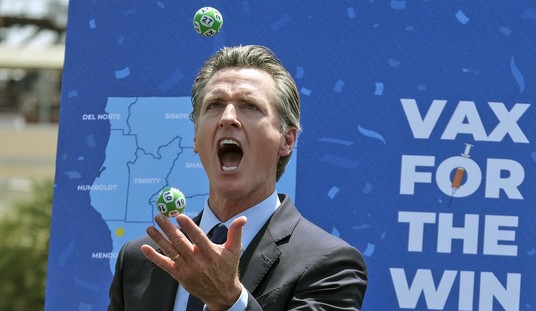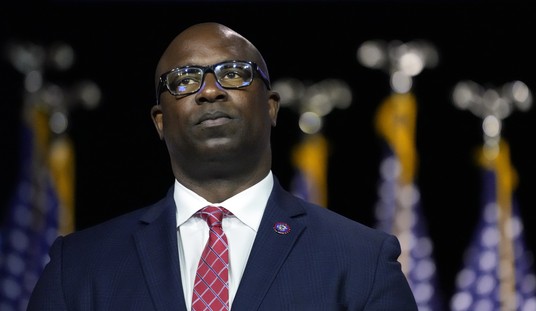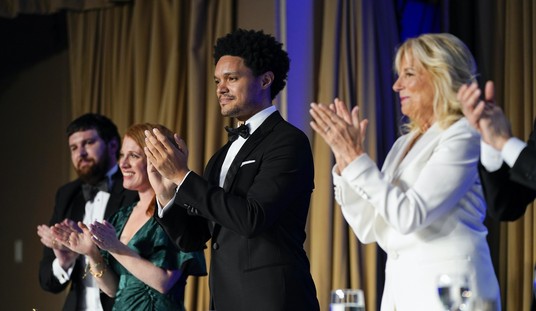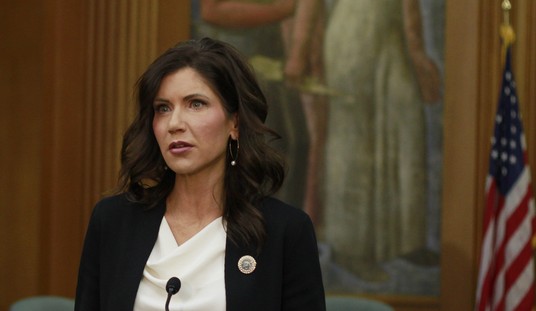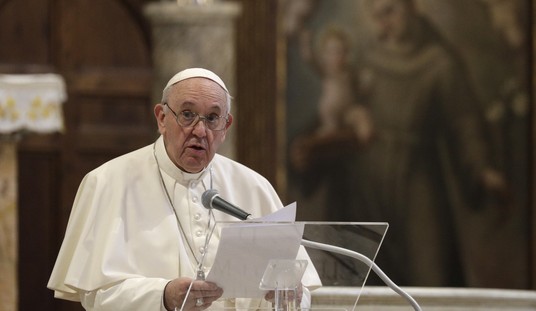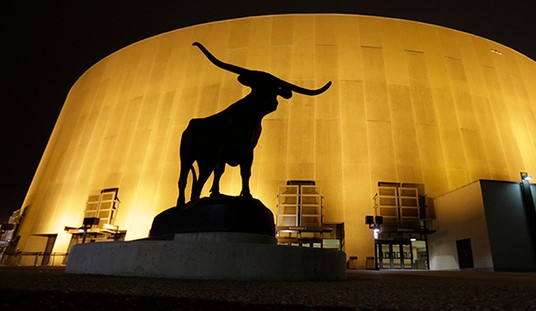Here’s a fun one for you.
The issue of free speech on college campuses has been the subject of spirited debate for decades. The conversation on this matter has intensified over the past decade, as leftist faculty and staff have sought to suppress viewpoints that contradict those of progressive orthodoxy.
With the majority of professors espousing beliefs left of center, it has become an issue for students and other faculty members who hold a more conservative worldview. The situation has devolved into an environment in which students who have been indoctrinated into far leftist ideology have taken to censorship their fellow students—and even their educators.
There have been numerous instances in which leftist students have shut down conservatives trying to give speeches on campus. We have also seen several cases in which students have tried to ostracize others, while even getting professors fired for making remarks of which they did not approve.
The Foundation for Individual Rights and Expression (FIRE) is an organization that has been on the front lines in the battle for free speech and has conducted a survey of college faculty to gauge their level of support for the right to express one’s opinions freely on campus. The findings of the survey were quite illuminating, but not wholly surprising. As it turns out, support for free speech varies depending on academic discipline.
Respondents were asked if they agreed that “a university professor should be free to express any of their ideas or convictions on any subject.”
Each professor was divided into five academic fields: STEM, business, arts/humanities, social sciences, and education.
From the report:
However, while about two-thirds of faculty in STEM (66%), business (66%), and the arts/humanities (65%) endorsed this position, support was lower among faculty in the social sciences (55%) and faculty in education (45%).
A similar pattern also emerged when asking faculty about the balance between free speech and hate speech. Majorities of STEM and business faculty said speech should only be restricted “where words are certain to incite physical violence” (58% and 65%, respectively). But support for this position was lower among faculty in the social sciences (48%), the arts/humanities (48%), and education (42%).
The study concluded that while most faculty members supported academic freedom and freedom of expression, “these positions found the greatest support among faculty in STEM and business.”
What is also interesting is that the majority of those surveyed (68 percent) indicated that university administrators should be politically neutral when making statements in their official capacity. But this, too, varied by academic discipline:
Across academic disciplines, the magnitude of support for this position was greatest in STEM and business, where 74% and 81% of faculty, respectively, supported this position, compared to 62 percent to 67 percent in the other academic disciplines. Only a minority of faculty across disciplines (19 percent to 37 percent) indicated that they thought university administrators (excluding teaching faculty and students) should be free to make political statements in their official role even if some students and faculty disagree.
Even further, views on requiring a university job applicant to make a diversity, equity, inclusion (DEI) statement when applying for a position were also instructive. Most in the social sciences, arts/humanities, and education believed DEI statements were a valid requirement. On the other hand, the majorities of those in business and STEM believed these statements were tantamount to an ideological litmus test and a violation of academic freedom.
The report notes that one reason for these findings is that while most faculty members lean to the left, the STEM and business fields have a higher percentage of conservative-leaning members. However, it does not seem likely to me that this sole factor would account for that big of a difference in the numbers.
The social sciences, arts/humanities, and education cater to those who are further to the left and more passionate about their political beliefs. In these classes, students are taught about concepts like intersectionality, critical race theory, and other decidedly leftist principles. Moreover, these disciplines are more conducive to cultivating activists and people who want to fight for social change, meaning they are far more amenable to the idea that certain types of speech should be curtailed.
However, in the world of STEM and business, while there might not be a shortage of wokeness in the mix, folks attracted to these areas of study are not as fervent in foisting their beliefs on the public as a whole. They tend to be focused on the field of study itself – not evangelizing far-leftist ideology. Indeed, many of these folks – even if they are still on the left – are not necessarily on board with the obsession with political correctness and other tenets of progressivism. Some of these folks, like Peter Boghossian, ended up resigning because of the political climate on campus.
Perhaps this will be yet another reason why it might be more appropriate to encourage students to enter STEM and business fields. But for those who are not interested in those disciplines, this would not be a solution. These students and professors will likely find themselves in a precarious position in which they have to “go along to get along,” so that they do not earn the ire of their educators and peers if they are attending an institution that does not value free speech. It might be wiser to assess a university’s position on freedom of expression before enrolling your student in that institution.


